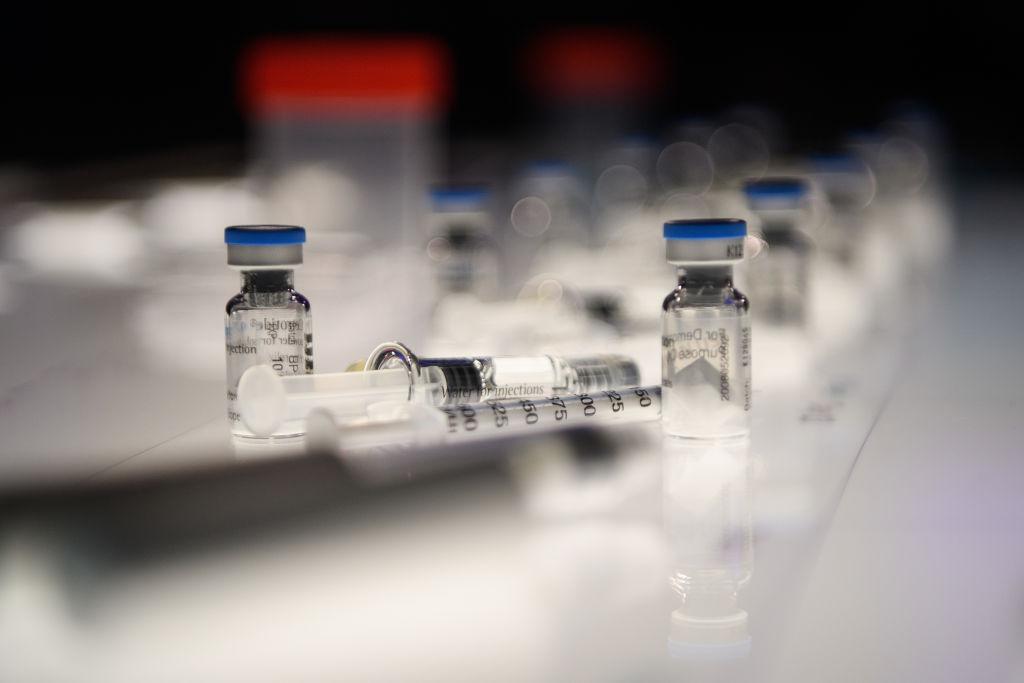IVF regulation is in the spotlight after a mix-up that led to a woman giving birth to a baby not related to her, with little chance the genetic parents can claim custody.
Leading fertility clinic Monash IVF revealed a woman at a Brisbane facility had another patient’s embryo incorrectly transferred to her due to “human error.”





